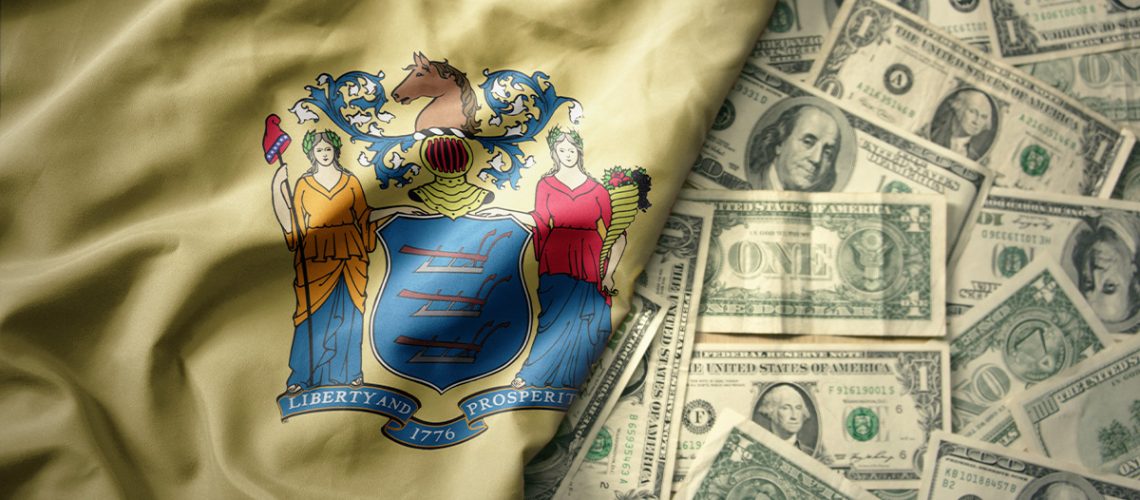Announces $100M in Medical Debt Forgiveness as a Follow-Up
New Jersey recently packed a 1-2 punch against medical debt, passing the “Louisa Carman Medical Debt Relief Act” (New Jersey S2806/A3860) in late July, before announcing in August that they would partner with Undue Medical Debt to forgive $100 million in medical debt in the state.
New Jersey S2806/A3860 follows the lead of many other states by prohibiting medical creditors or medical debt collectors from reporting a patient’s medical debt to any consumer reporting agency for healthcare services performed on or after July 22, 2024, the day Governor Phil Murphy signed the act into law. However, a conflicting portion of the law requires medical creditors and debt collections to include a statement on any communication made to a patient in the course of trying to collect a medical debt, that the medical creditor or debt collector has not reported the debt to a consumer reporting agency and that if the debt, or any part of, it has been reported to a consumer reporting agency, then the portion reported is void. The required statement must be in at least 14-point boldface font.
Additionally, New Jersey S2806/A3860 prohibits:
- Consumer reporting agencies from making a consumer report containing a patient’s paid medical debt or a medical debt worth less than $500, regardless of the date the medical debt was incurred.
- Medical Creditors and debt collectors from charging an interest rate on a medical debt of more than three percent per year.
- Medical creditors and debt collectors from garnishing the wages of a patient with an annual income of less than 600 percent of the federal poverty level (PVL) to collect medical debt owed by that patient.
- Medical creditors and debt collectors from engaging in any collection actions against a patient until 120 days after the first bill for a medical debt has been sent, or against a patient who accepts and complies with the terms of a reasonable payment plan. Collection actions include selling the patient’s debt to another party, placing a lien on the patient’s property, attaching or seizing the patient’s bank accounts, and garnishing the patient’s wages.
New Jersey S2806/A3860 also voids any portion of a medical debt furnished to a consumer reporting agency that is in violation of the bill. If a medical creditor or debt collector violates a provision of the bill, they may be subject to a civil penalty and may be ordered by the Attorney General to restore to interested parties any moneys or property acquired during the violation.
Less than a month after New Jersey S2806 was signed into law, Gov. Murphy announced a plan to forgive $100 million worth of medical debt for nearly 50,000 New Jersey residents. To qualify for the program, which is in conjunction with Undue Medical Debt, residents’ income must be at four times or less of the FPL or have medical debts that equal 5 percent or more of their annual income.
New Jersey follows states such as Connecticut and Illinois in eliminating large amounts of medical debt, and others such as Rhode Island and Maine that have passed laws on medical debt reporting.
To learn how Americollect is adapting to these changes, contact our Ridiculously Nice Sales Team today!
Ridiculously Nice Legal Disclaimer
The content provided in this communication (“Content”) is presented for educational and general reference purposes only. Americollect, Inc and/or AmeriEBO LLC either directly or indirectly through speakers, independent contractors, or employees (collectively referred to as “Americollect”) is providing this Content as a courtesy to be used for informational purposes only. The Contents are not intended to serve as legal or other advice. Americollect does not represent or warrant that the Content is accurate, complete, or current for any specific or particular purpose or application. This information is not intended to be a full and exhaustive explanation of the law in any area, nor should it be used to replace the advice of your own legal counsel. By using the Content in any way, whether or not authorized, the user assumes all risk and hereby releases Americollect from any liability associated with the Content.

